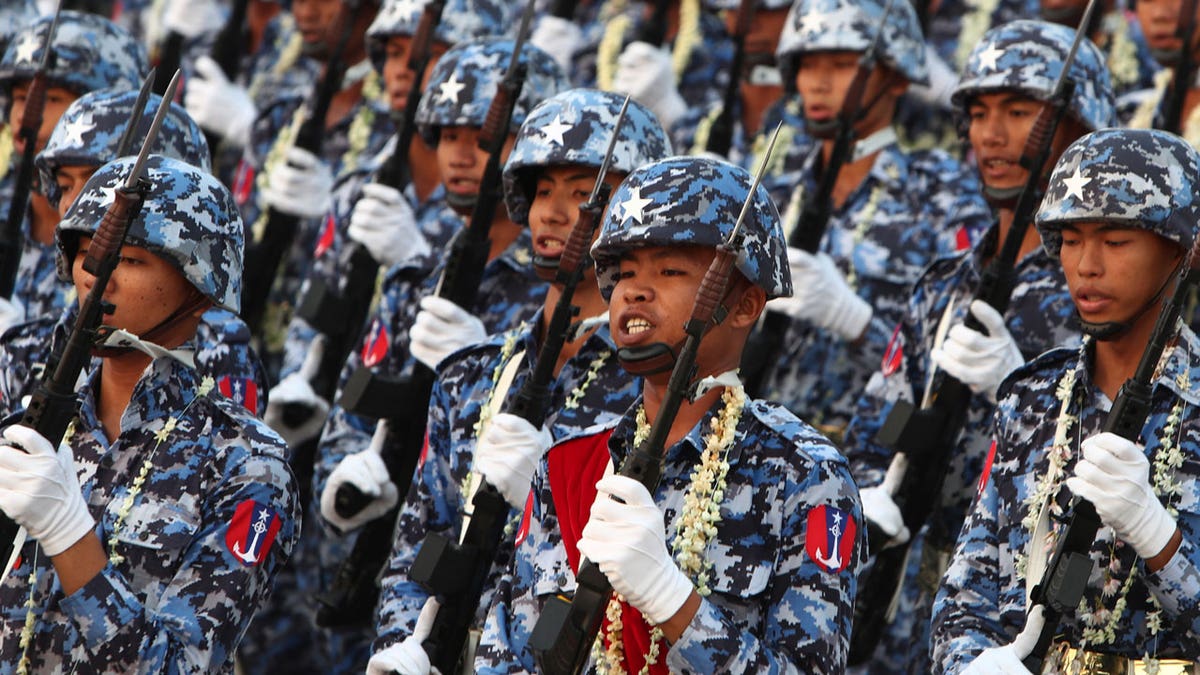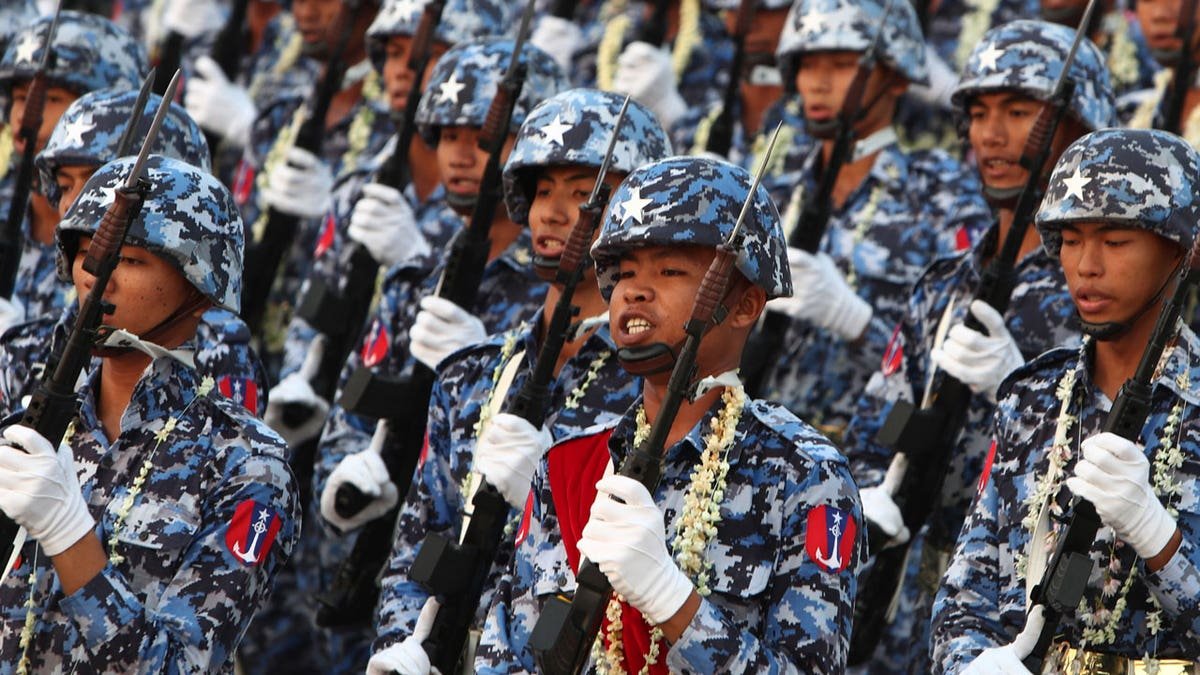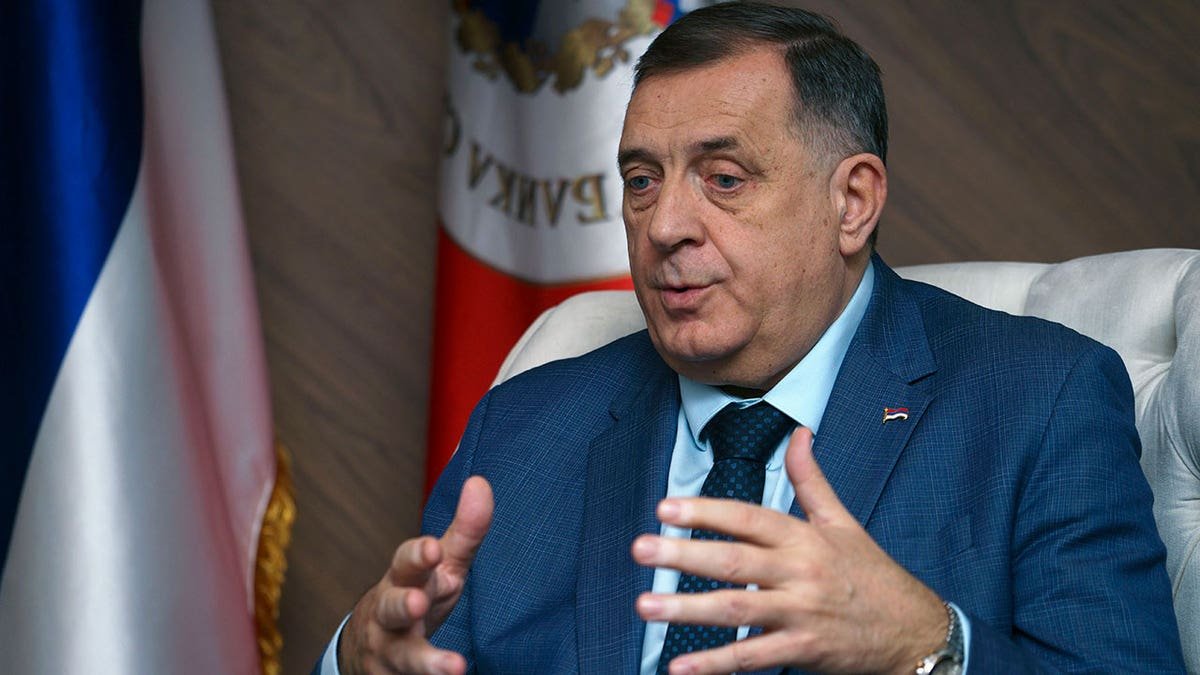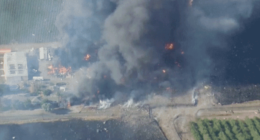Burma’s military government on Saturday activated for the first time a decade-old conscription law that makes young men and women subject to at least two years of military service if called up, effective immediately. The announcement of the measure on state television amounts to a major, though tacit, admission that the army is struggling to contain the nationwide armed resistance against its rule.
Under the 2010 People’s Military Service Law, passed under a previous military government, men aged 18 to 45 and women 18 to 35 can be drafted into the armed forces for two years, extendable to five years during national emergencies. The upper age of people in the population at large subject to conscription is 35 for men and 27 for women, and the higher age ranges apply to men and women in certain professional categories, such as medical doctors and engineers, and their service term is three years.
The current ruling military council, called the State Administration Council, came to power in 2021 after ousting the elected civilian government of Aung San Suu Kyi.
US LAWMAKERS FORM CONGRESSIONAL BURMA CAUCUS TO ENCOURAGE AMERICAN INTERVENTION
The law has been activated in the wake of the army’s biggest setbacks since the countrywide conflict erupted after the takeover. A surprise offensive launched last October by an alliance of armed ethnic organization in less than three months captured a large swathe of territory in northeastern Burma along the Chinese border.
The rout inspired resistance forces in other parts of the country to launch their own attacks. In recent weeks, fighting in the western state of Rakhine caused hundreds of state security personnel to flee into neighboring Bangladesh.
The army faces two enemies, the pro-democracy forces formed after the army takeover, and better-trained and equipped ethnic minority armed groups that have been battling for greater autonomy for decades. There are alliances between the resistance groups.

Burmese military officers are seen marching during a parade to commemorate Burma’s 78th Armed Forces Day in Naypyitaw, Burma, on March 27, 2023. Burma’s military government activated a conscription law for the first time on Feb. 10, 2024. (AP Photo/Aung Shine Oo, File)
Evading conscription is punishable by three to five years in prison and a fine. Members of religious orders are exempt, while civil servants and students can be granted temporary deferments.
Maj. Gen. Zaw Min Tun, the spokesperson of the military government, said in the statement phoned to MRTV state television that the law has been applied due to Burma’s current situation.
He said activating the law could help preventing war through a show of strength to enemies.
“So what we want to say is that the responsibility of national defense is not only the responsibility of the soldier. It is the responsibility of all people in all parts of the country. National security is everyone’s responsibility. That is why I would like to tell everyone to serve with pride under the enacted law of people’s military service,” Zaw Min Tun said.
The military government’s forces were stretched thin by the recent upsurge in resistance activity. They were already believed depleted by casualties, desertions and defections, though there are no reliable numbers of their scale.
In September last year, the defense ministry of the National Unity Government, the leading political organization of the resistance that acts as a shadow government, said that more than 14,000 troops have defected from the military since the 2021 seizure of power.
CLICK HERE TO GET THE FOX NEWS APP
There have recently been reports in independent and pro-resistance Burma media of forcible recruitment of young men in urban areas.
“Although the extent of recruitment is unclear, reports have spread on social media of men being detained and forced to join the army even in Yangon, Burma’s commercial capital, prompting warnings to avoid going out at night in the city,” the online magazine Frontier Myanmar reported last month.
The 2021 military takeover was met by widespread nonviolent protests and civil disobedience. But the confrontations escalated into violence after security forces used deadly force against the protesters, giving birth to organized armed resistance that has spiraled into civil war.








